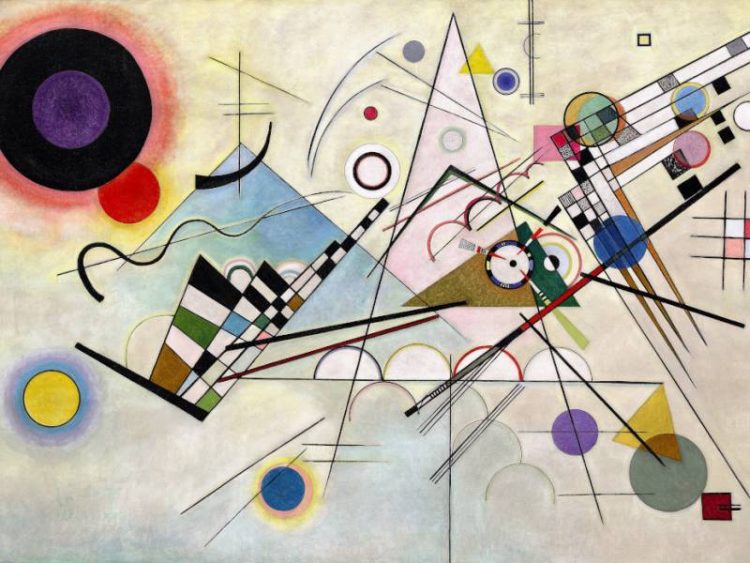Winner of the Ex Aula MCR writing competition announced 2020
25 Jun 2020

Toby Smithe (2016, DPhil Experimental Psychology) has been named as the winner of the fourth annual Ex Aula MCR Writing Competition, with his article ‘A travel guide and a (cognitive) map: a neuroscientific fable from a world of open borders‘.
Members of St Edmund Hall MCR were invited by Vance Tan, Editor-in-Chief, to submit 800-word articles about their research and its relevance to society to non-specialist readers. Following an extensive shortlisting process, eight entries were shortlisted for publication on the online journal and anonymised versions were submitted to a Senior Common Room (SCR) judging panel, consisting of Dr Emily Winkler, Dr Linda Yueh, Dr Ricardo Pérez-de la Fuente and Mr Jonny McIntosh.
First, the panel would like to highlight the remarkably high quality of all the contributions for the 2020 Ex-Aula competition. Moreover, the members of this panel sincerely thank all the candidates for their passion and efforts, both clearly imprinted into their wonderful articles. We would also like to encourage them to keep communicating their research through every means they have at their disposal, as that is the best way to educate, involve, and inspire society. It is important to note that there was full consensus about the top candidates and its final ranking across the different disciplines represented in the four-member panel. This is presented below.
Winner: Toby Smithe - A travel guide and a (cognitive) map: a neuroscientific fable from a world of open borders
A deep, fascinating, beautifully written piece that manages to draw in the reader right from the beginning, and which seamlessly transitions into a presentation of the author’s own research, gradually unravelling its complexities. It displays a smart way to tackle concepts directly and plainly, but is never oblivious of aesthetic value, particularly in some memorable passages. One minor consideration for the author to add to their impressive writing skills would be to attempt shorter, less descriptive (and, hence, less formal) titles, as these would appear to be the most effective way to catch people’s attention and to entice further reading. This article is an utter delight to read and a magnificent example on how to handle complexity in a crystal-clear and elegant manner, bringing together the best of the literary and scientific worlds.
2nd Place: Zac Cesaro - The Fuel of the Future
An extremely well written and balanced piece that excels at stimulating curiosity, creating an effective and punchy way to raise awareness about a pressing matter. After identifying a problem, the way towards a solution is developed naturally and effortlessly, using the powerful metaphor of a river to help the reader to understand the importance of both the subject and the author’s research. The latter might have been introduced earlier in the text, although that does not affect the readability and robustness of the text by any means. In sum, a brilliant sample on writing both informative and engaging research-based texts aimed to the non-specialist audience.
3rd Place: Shannon Maloney - Dispelling the myths of secular mindfulness
An effective, well written article that, although written in a rather formal style, manages to excite the reader’s interest, clearly and concisely revealing an unfamiliar reality and the significance of the author’s research into it. Although the simplicity through which the topic unfolds conveys beauty on its own, the panel would have loved to see a bit more of literary freedom in the writing style, something that appears to have been a missed chance provided the opportunity that the Ex Aula blog offers. All in all, nonetheless, an excellent example on the challenging art of mastering accuracy with words.
Categories
Related News

